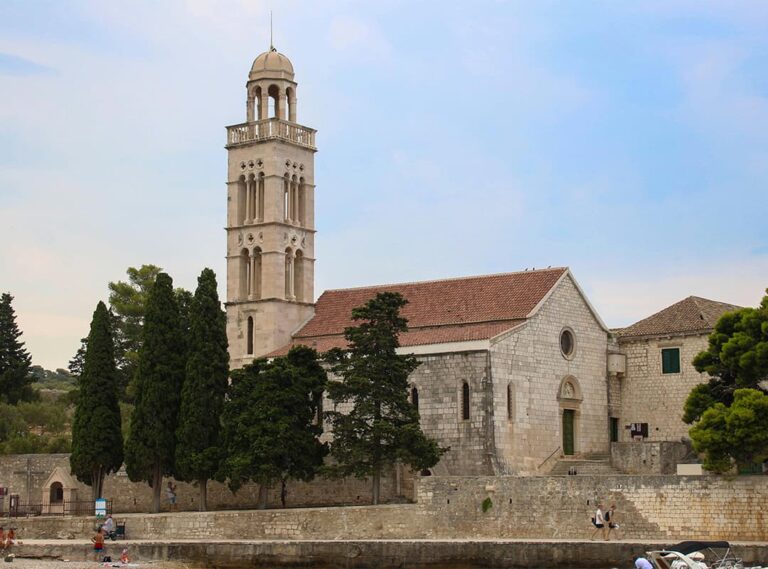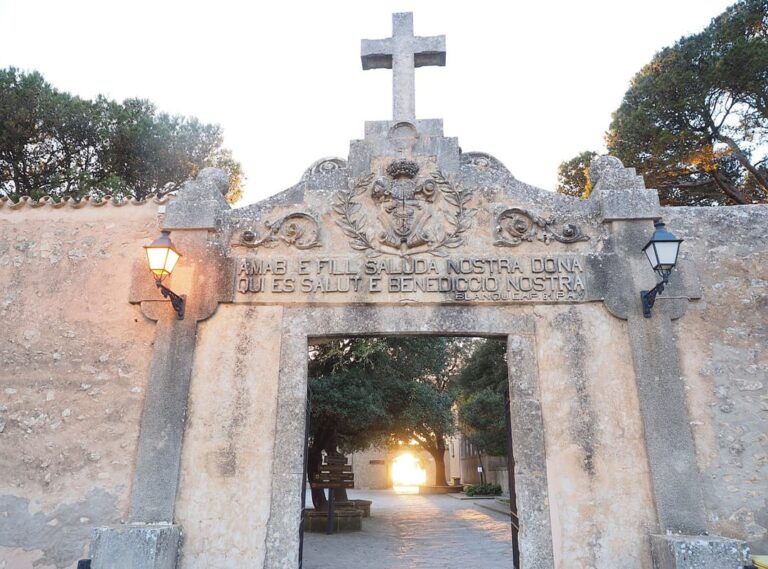Franciscan spirituality, rooted in the teachings and life of Saint Francis of Assisi, emphasizes simplicity, humility, and a profound connection with all of creation. Over the centuries, Franciscans have developed a unique spiritual tradition that continues to inspire millions around the world. This article explores the core principles and practices of Franciscan spirituality, highlighting its enduring relevance and impact.
Core Principles of Franciscan Spirituality
- Poverty and Simplicity
- Central to Franciscan spirituality is the commitment to poverty and simplicity. Saint Francis renounced his wealth to live in solidarity with the poor, reflecting Jesus Christ’s own life. This principle encourages Franciscans to live with minimal material possessions, focusing instead on spiritual wealth and the richness of community life.
- Humility
- Humility is another cornerstone of Franciscan spirituality. Franciscans strive to recognize their own limitations and depend on God’s grace. This humility fosters a sense of brotherhood and sisterhood, as it emphasizes the inherent dignity and worth of every person.
- Love for All Creation
- Saint Francis is often called the “Patron Saint of Ecology” due to his deep love for nature and all living beings. Franciscan spirituality teaches respect for creation, seeing it as a reflection of God’s goodness. This principle inspires efforts towards environmental stewardship and ecological justice.
- Peace and Reconciliation
- Franciscans are peacemakers, committed to resolving conflicts through dialogue and understanding. This principle extends to their interpersonal relationships and broader societal engagements, promoting peace and reconciliation in all aspects of life.
- Joy and Gratitude
- Despite his ascetic lifestyle, Saint Francis was known for his joyful spirit. Franciscan spirituality embraces joy and gratitude, recognizing God’s presence in everyday moments and celebrating the gift of life.
Practices of Franciscan Spirituality
- Prayer and Contemplation
- Prayer is at the heart of Franciscan life. Franciscans engage in both communal and personal prayer, often following the Liturgy of the Hours. Contemplative prayer, focusing on the presence of God in silence and stillness, is also a significant practice.
- Service to the Poor and Marginalized
- Following Saint Francis’s example, Franciscans are dedicated to serving the poor and marginalized. This service is seen as a way to live out the Gospel and embody Christ’s love in the world. Activities range from direct aid, such as food and shelter, to advocacy for social justice.
- Community Life
- Living in community is a fundamental aspect of Franciscan spirituality. Community life provides support, accountability, and a space to practice the principles of poverty, humility, and fraternity. It also allows for shared prayer and collaborative ministry.
- Veneration of the Virgin Mary
- Franciscans have a deep devotion to the Virgin Mary, seeing her as a model of humility and obedience to God’s will. One of the most venerated icons in the Franciscan tradition is the Black Madonna of Poland, also known as the Black Madonna of Częstochowa. This image holds great significance for many Franciscans, symbolizing resilience and hope.
- Pilgrimage
- Pilgrimage to holy sites, especially those associated with Saint Francis and other Franciscan saints, is a practice that fosters spiritual renewal and a deeper connection to the Franciscan heritage. Assisi, the birthplace of Saint Francis, is a particularly important destination.
The Black Madonna of Poland
A notable aspect of Franciscan devotion is the veneration of the Black Madonna Poland. The icon, housed at the Jasna Góra Monastery in Częstochowa, is a powerful symbol of faith and resilience. The Black Madonna Poland is revered not only for its spiritual significance but also for its historical role in inspiring hope and unity during times of national struggle. This deep Marian devotion is woven into the fabric of Franciscan spirituality, reflecting their commitment to humility and trust in divine providence.
Franciscan spirituality, with its emphasis on poverty, humility, love for creation, peace, and joy, offers a profound and timeless path to spiritual fulfillment. The practices of prayer, service, community life, and pilgrimage, along with the veneration of the Virgin Mary and the Black Madonna of Poland, enrich the spiritual lives of Franciscans and those who follow their example. As we embrace these principles and practices, we can find deeper meaning and purpose, living out the values that Saint Francis so passionately embodied.













